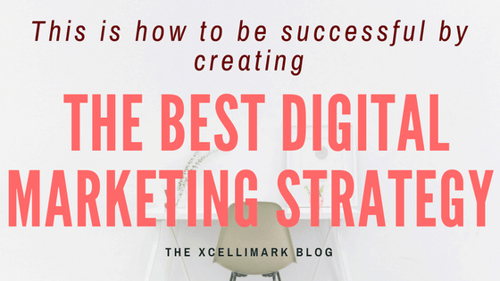Search Engine Marketing Ties Everything Together
Successful search engine marketing campaigns demand expertly optimized content and close monitoring of metrics that can determine its effectiveness. To maximize your campaign's impact, you'll also need to keep abreast of your customers' changing buying habits and descriptive phrases they use to describe your products and services.
In the old days, your business could center its marketing strategy around classified ads that encouraged interested readers to call or visit your office or store. If your company marketed directly to consumers, a few commercial spots on local TV or radio stations might have been necessary to reinforce your firm's message.
These days, your business can't exclusively rely on "analog" forms of advertising such as these. As Internet marketing becomes more and more dominating in how your market learns about your company’s products and services, you'll need a focused, ongoing program of search engine marketing to keep pace with the competition.
What Is Search Engine Marketing?
The concept of search engine marketing is easy enough to understand. The practice of SEM marries three key online marketing services: paid search advertising, local search and search engine optimization. Each service requires a different technique or methodology to be listed on the search engine results page or SERP.
Also known as pay-per-click advertising, paid search advertising enables you to break through the clutter by purchasing targeted ads on the websites that your customers frequent. In recent years, its definition has been expanded to include "sponsored" search listings.
Local search is an increasingly powerful form of SEM that targets individuals who search for location-specific services. It's now possible to work with search engines to make your locally-focused business more visible to potential customers.
Search Engine Optimization (SEO) is the process of influencing the position of a website, web page, video or image in the “natural” or un-paid (organic) area of a search engine results page.
SEO involves certain coding and content optimization techniques focused on specific search phrases people use to search for your products and services. In addition, high-quality incoming links to your website is also very important to position your website as an authority on your products and services.
You can gain these incoming links through well-written articles and press releases. These days, it's crucial to ensure that your digital marketing plan includes well-optimized written content.
Making Lasting Connections Through Internet Marketing
Even the most flawless search marketing program can't support your business's overarching Internet marketing scheme on its own. In fact, your search-focused marketing program must feature close, ever-strengthening ties with other promotional and informational aspects of your online presence. Your search marketing efforts should connect interested searchers with:
- Landing pages and microsites that make your company more visible online
- White papers and press releases that drum up interest in your products, services and achievements
- Blog posts and social media marketing efforts
- Infographics, videos and other engaging examples of multimedia content
Once readers and viewers have found their way to these aspects of your online presence, you'll want them to linger as long as possible. Search engines like Google take into account the number of page views on your website, length of time on site and website abandon rates as indicators of quality content. These factors, which indicate the quality and relevancy of your content, have an impact on your search engine rankings.
Optimization: An Ongoing Process
Once you've set up a comprehensive search marketing operation that fits seamlessly with other aspects of your digital marketing plan, you might be tempted to rest on your laurels. This would be a mistake.
SEO veterans know that great marketing plans require constant monitoring and must be tweaked to reflect changing consumer tastes or habits and search engine algorithms used to determine the ranking of websites. If you notice that certain search-friendly keywords aren't generating the same page rankings as before, you may need to make changes in order to improve their visibility.
Additionally, you'll need to apply the same rigorous SEM standards to each new piece of online content or advertising that you generate. Every blog post, press release and website blurb should contain relevant, natural keywords and locally focused content.
Integrating SEM into your online presence doesn't have to be a daunting task. With clear lead-generation goals, a strong work ethic and an experienced marketing partner, you'll find that the road to better brand visibility and more robust revenues is paved with search engine marketing.
To learn more about the importance of SEO content and how it plays a key role in a well-rounded Internet marketing campaign, click here.






